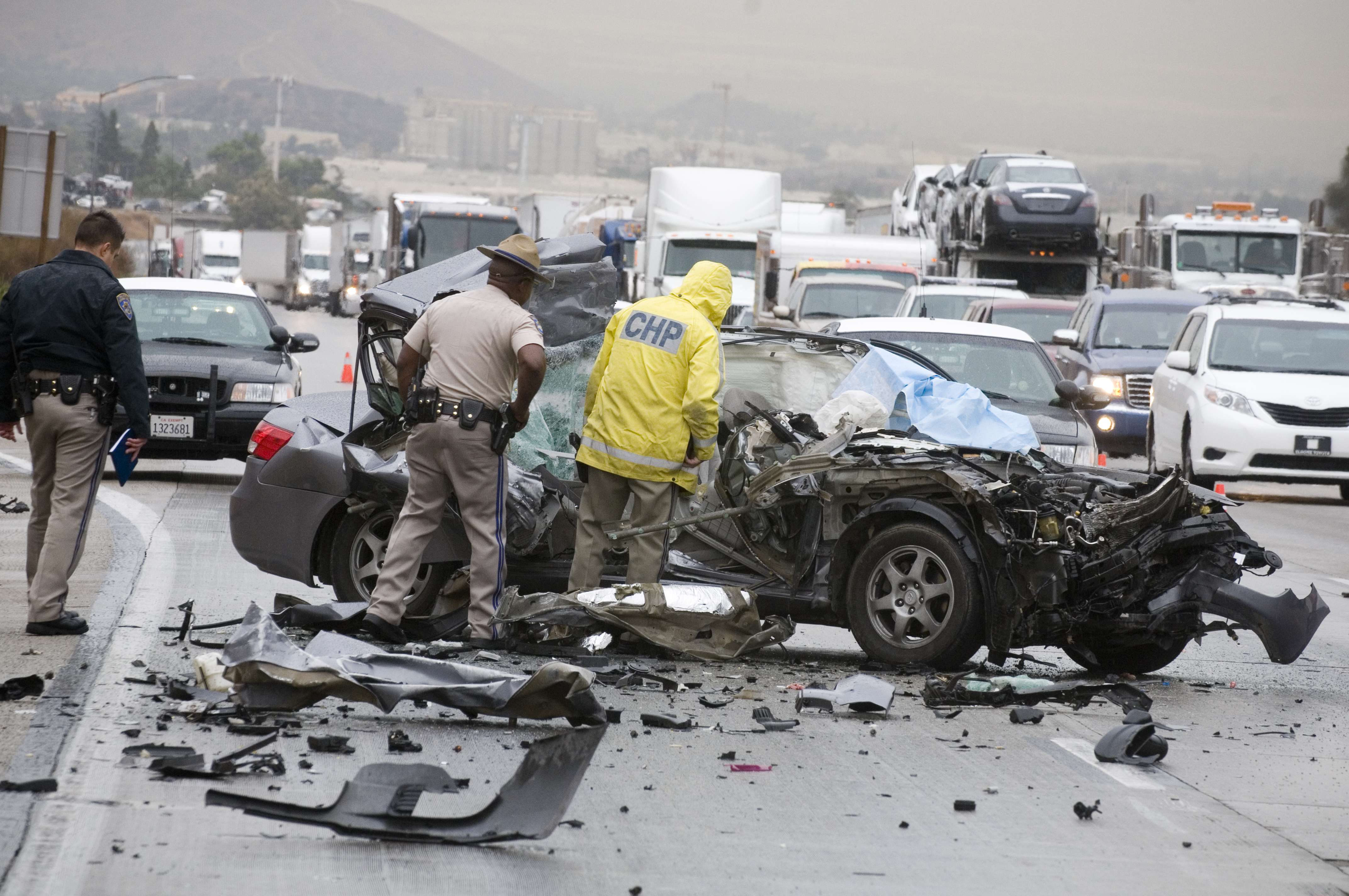WASHINGTON – Two U.S. senators have sent letters to automakers asking for information on front-seat collapses and the threat they may cause to passengers in rear-end crashes.
U.S. Sens. Ed Markey, D-Mass., and Richard Blumenthal, D-Conn., sent the letters to 17 automakers, including General Motors, Ford, Fiat Chrysler Automobiles and others, saying seat back strength standards haven’t been substantially updated since the late 1960s. The senators worried that seats are being designed to protect front-seat passengers despite the threat a collapse could cause to rear-seat passengers.
“There has been a long-standing concern that the (standard) … is not sufficient to mitigate injury or death of a rear-seat occupant due to seat back collapse in a rear-end collision,” the letters read.
They asked for information on consumer complaints and incidents involving seat collapses, lawsuits and seat strength that exceed federal standards.
Markey and Blumenthal, who are members of the Senate Commerce, Science and Transportation Committee, noted that children and infants are particularly vulnerable to front seat back failures and that an independent study said about 50 children had died in rear-end crashes in the last 15 years after being put behind occupied front seats.
The two said the National Highway Traffic and Safety Administration proposed changing the rules for seating system standards in 1974, but it was never finalized.
Letters were sent to GM, Ford, FCA, Toyota North America, American Honda Motor, Hyundai Motors North America, Nissan North America, Subaru Motors America, Mercedes Benz USA, Volkswagen Group of America, BMW North America, Mazda North America, Porsche, Jaguar Land Rover North America, Mitsubishi, Volvo and Audi of America.
The Alliance of Automobile Manufacturers, a trade group representing a dozen automakers, including GM, Ford and Fiat Chrysler, didn't directly address the letters but said in a statement that seat back strength for most seats is three to four times higher than what regulation require.
"While much of the safety focus today is on crash-avoidance technologies like automatic braking, automakers continue to enhance crash worthiness," the alliance said. The group added that "While it is challenging to migrate all front-seat restraint technologies, such as full-size frontal air bags" to back seats, other technologies -- especially those used in modern seat belts -- "can be effective for backseat occupants" and their use should be encouraged.
"The alliance believes the single best safety system for occupants in the rear seats is the seat belt," the statement said.


![AP KENWOOD FATAL CRASH A USA CA [image : 85007014]](http://www.gannett-cdn.com/media/2016/05/26/USATODAY/USATODAY/635998919724027994-crash.JPG)
